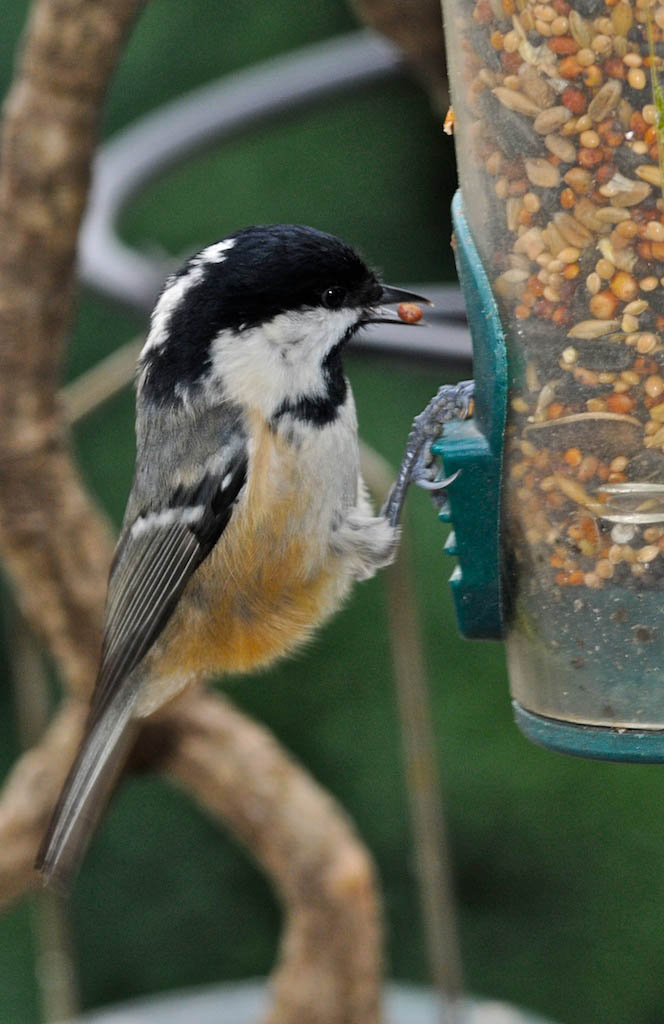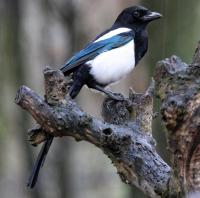- Home
- FAQs
- Customer Video Gallery
- Customer Photo Gallery
- Bird Facts
- Bird Food Blog
- Bird Information
- Feeding Advice
- Small Animal Information
- A to Z of Guinea Pigs
- A to Z of Hamsters
- A to Z of Rabbits
- Basic Care for Guinea Pigs
- Basic Care for Hamsters
- Basic Care for Rabbits
- Basic care for Chinchillas
- Basic care for Ferrets
- Basic care for Gerbils
- Basic care for Mice
- Basic care for Rats
- Buying a Healthy Small Animal
- Does your Reptile need a Licence
- Equipment for Ferrets
- Equipment for Hamsters
- Equipment for Mice
- Equipment for your Chinchilla
- Equipment for your Gerbil
- Equipment for your Guinea Pig
- Equipment for your Rabbit
- Keeping a House Rabbit
- Dog Information
- Cat Information
- Customer Information
- Fat Balls
- Suet Pellets
- Straights
- Seed Mixes
- Suet Treats
- Mealworms
- Bird Feeders
- My Account
Clean Bird Feeders
Date: 2013-02-22 13:42:14 | Category: Bird Protection | Author: Twootz Staff
A dirty bird feeder can harbour mould, bacteria, and other diseases that can decimate garden bird populations. Infected birds can spread the illness to other gardens and bird populations, creating epidemic conditions if left unchecked.Conscientious birders regularly clean their feeders to ensure that the spread of disease is minimized. Furthermore, clean feeders will attract more wild birds because the fresh, clean seed is more appealing and nutritious.

- Clean Regularly: All feeders should be thoroughly cleaned at least once per month, but popular feeders may need to be cleaned much more frequently depending on how many birds use them and how much seed is consumed.
- Use Proper Cleaning Solutions: Feeders can be sanitized with a solution of one part bleach to nine parts hot water.
- Clean All Feeder Parts: For the best sanitation, each feeder should be cleaned inside and out, including all feeding ports, perches, lids, platforms and reservoirs. The feeder's hooks, poles and any other part where birds may perch or where faeces may collect should also be cleaned.
- Rinse Thoroughly: After cleaning, the feeder and all cleaned parts should be rinsed for at least 10 seconds in clear, clean water to be sure all chemical residue is removed.
- Dry Completely: Before refilling the feeder, it should be completely dry. Any remaining moisture could lead to mould and mildew that can cause illness and rotten, unhealthy seed.
In addition to keeping the birdfeeders clean, it is essential to clean all nearby areas where birds perch and congregate. Eager and hungry birds can spill seed several feet away from feeders, and all feeding areas must be clean to keep bird populations healthy. To keep nearby areas clean:
- Remove old or damp seed from beneath all feeders
- Remove rotten fruit from trees where birds feed
- Refresh mulch or gravel beneath feeders to cover droppings
- Keep birdbaths and other perches clean
Encourage your neighbours who feed birds to follow the same precautions. Birds normally move among feeders and can spread diseases as they go. The safest bird feeders will be those in communities where neighbours cooperate with equal concern for the health of the birds.




